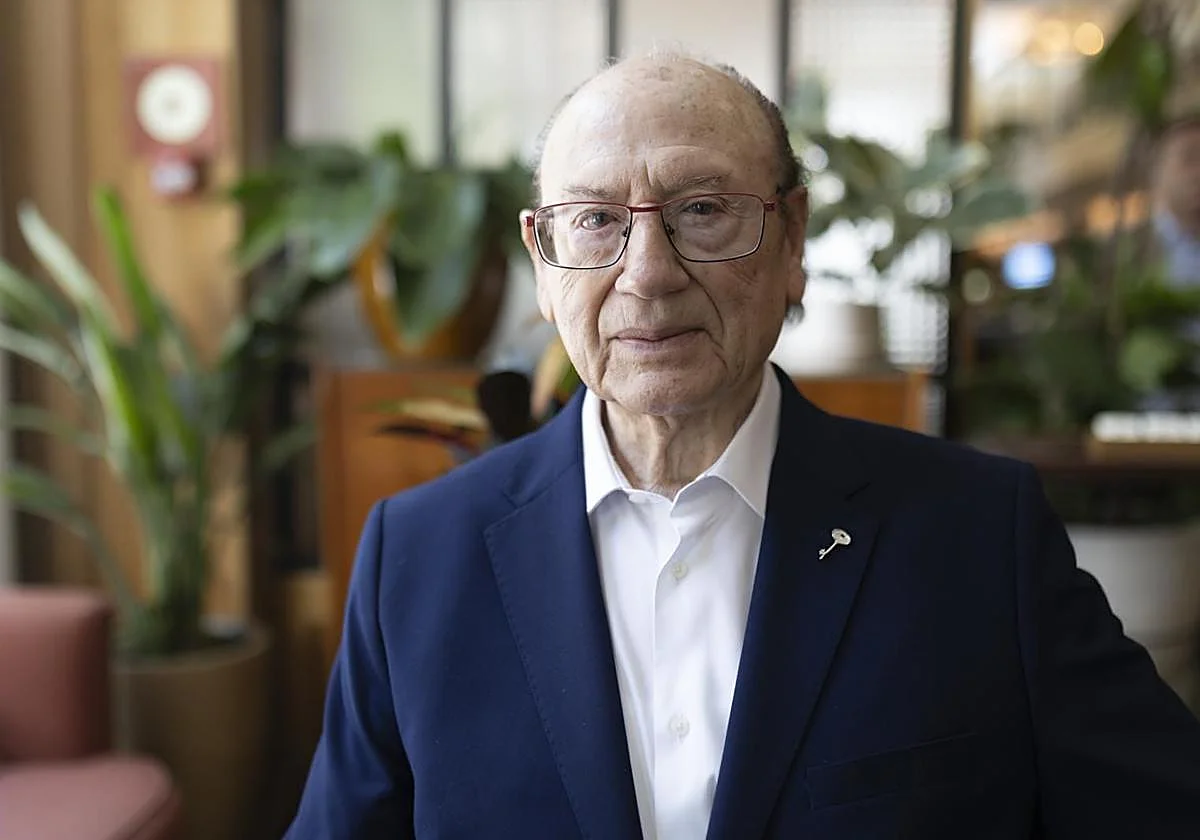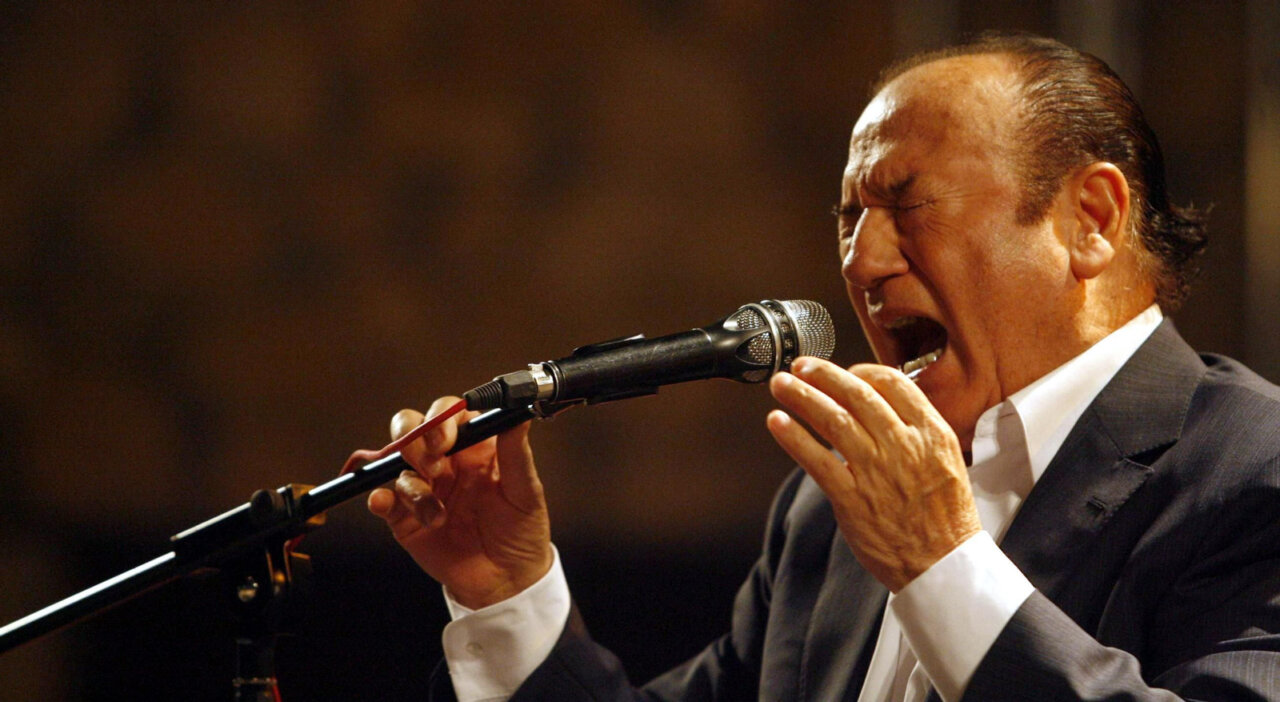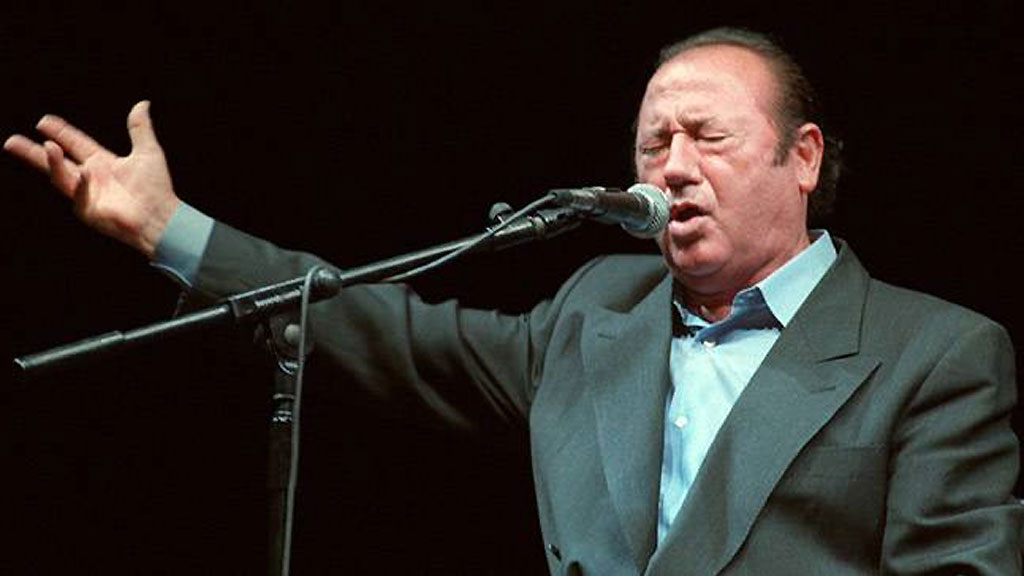The Spanish music world dawned in mourning this Thursday after the death of Antonio Fernández Díaz, “Fosforito”, one of the great masters of flamenco singing, was confirmed. The artist, an indispensable figure for understanding the evolution of 20th century flamenco, died at the age of 93 in Malaga.
His voice, his wisdom and his influence marked entire generations of singers and fans, leaving a legacy that few figures have achieved within the genre.
What has Fosforito died of? His state of health in his last days

The cantaor had recently undergone surgery for a heart problem that kept him hospitalized in Malaga for weeks. Although the operation was intended to stabilize his situation, his recovery was compromised by subsequent complications, which finally led to his death.
The artist’s entourage confirmed that his condition had weakened in recent days, despite the efforts of the medical team.
Fosforito faced this stage with fragile health, in accordance with his advanced age, and his evolution had been worrying his family and friends for some time. The heart surgery, performed a month earlier, was a determining factor in this deterioration, as his body was unable to overcome the after-effects of the procedure.
An essential trajectory for the history of flamenco

Antonio Fernández Díaz was not only a singer with an unmistakable voice, but also a profound scholar of traditional singing. His career took off definitively in 1956, when he made history by sweeping the I Concurso Nacional de Córdoba, taking all the prizes at stake, a milestone that no one else has ever repeated.
This triumph catapulted him to the main stages and consolidated him as one of the great guardians of classical singing.
For decades he developed an essential work in the preservation and diffusion of the oldest styles of flamenco, to which he added a very personal interpretative sensitivity. His recordings, concerts and theoretical contributions build one of the most solid careers of the genre.
Because of his mastery, his rigor and his ability to transmit the essence of flamenco, many consider him to be the last great sage of flamenco singing.
La Llave de Oro del Cante, the supreme recognition
In 2005, Fosforito received the Llave de Oro del Cante, the highest distinction that can be awarded in flamenco: this award, given only to very few artists throughout history, officially placed him on the same level as the most legendary figures of flamenco singing.
His award was in recognition of a lifetime dedicated to dignifying and expanding flamenco through knowledge, dedication and a deep artistic vocation.
With that symbolic key, a circle was closed for an artist who always defended traditional singing while exploring new nuances. From then on, his figure definitively became part of the living heritage of flamenco; his legacy, backed by more than half a century of works, will continue to be an essential point of reference for artists and enthusiasts.






